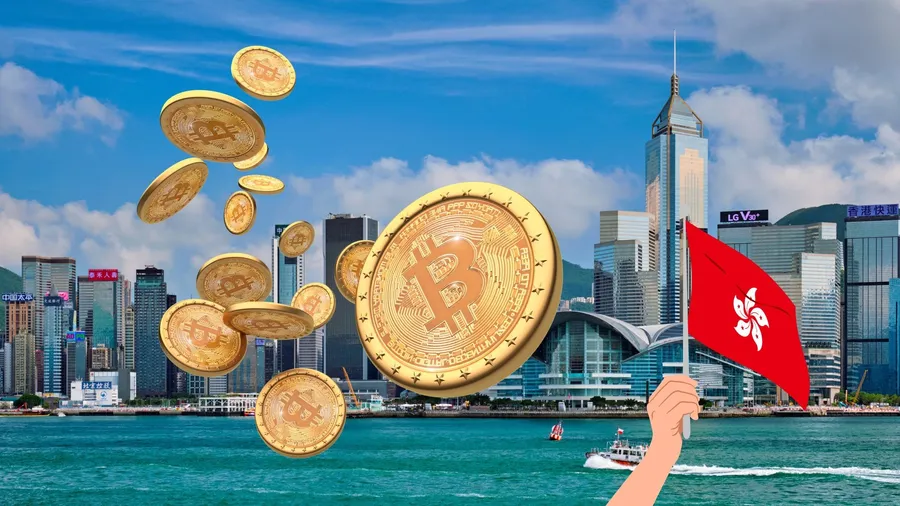Why can't Libra become Facebook's "WeChat Pay + Q Coin"?
Since the launch of Libra, it has been receiving attention from all walks of life. Even President Trump has said on Twitter that Libra may promote "illegal action." The US Congress even has to draft a bill to prohibit technology giants from releasing digital assets.
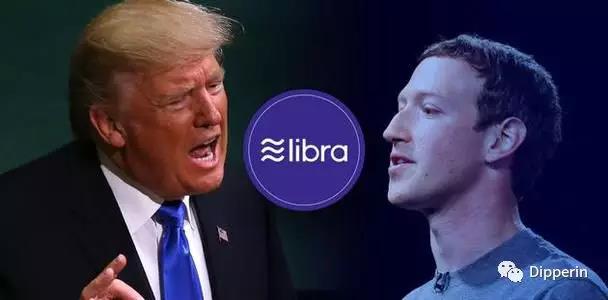
On July 16th, one of the Libra project sponsors, Facebook subsidiary Calibra, David Marcus, went to Congress and accepted two and a half hours of “torture”, repeatedly saying that Libra is not an investment product. It is only used for payment and exchange; Libra does not intend to compete with sovereign currency; Calibra wallet will complete identity verification through personal ID upload to meet anti-money laundering requirements.
- Global node service provider InfStones joins the original chain Bystack Ecology
- What information on the Libra project was revealed at the US Senate hearing on July 17?
- The coin circle "Qi Yu" dog coin: due to a joke birth, the price of the founder quits after doubling
So, why can't Libra become Facebook's "WeChat payment + Q coin"? Why is it so taboo for banks and the existing financial system?
US credit card system is too powerful
What you have, it will become a burden and hinder your progress. Such stories have been staged numerous times in the business world. Kodak missed the digital camera because of film, Nokia missed the smartphone because of the function machine, and similar plots were also staged in the US mobile payment field.
Although Apple, Samsung and Google have launched their own mobile payment systems in the United States. These so-called "digital wallets" work in a similar way, in order to replace the bank card consumption, using the smartphone in the hands of consumers to complete the payment, but the results are not satisfactory.
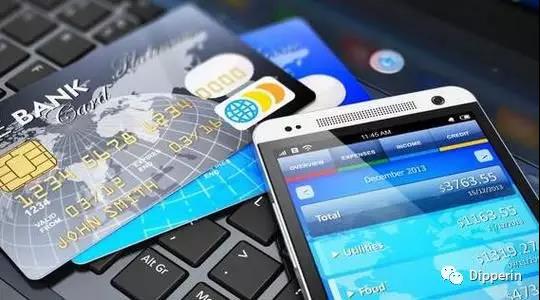
The biggest reason for this result is that the United States has a strong credit card system, and credit card payment is not complicated. Whether it's taking the subway or going to Broadway to see the show, people generally choose to spend. This has become a deep-rooted habit of American consumers, which is difficult to change by new payment methods such as mobile payment.
In contrast, China, because the financial credit system is imperfect, credit card popularity and usage rate is low, when the tide of mobile Internet swept, because people do not have the habit of credit card consumption, and mobile payment is more convenient and faster than cash consumption. Therefore, everyone is more acceptable, which is equivalent to directly entering the mobile payment era and becoming a fan.
Today, comparing mobile payments between China and the United States, China has come to the forefront in terms of user size and user acceptance, and has completely surpassed the United States.
Facebook's "Payment Dream"
Libra has received a lot of attention, but it is not the first time for Facebook's "pay dream", but unfortunately Mark Zuckerberg seems to have not achieved success in the payment industry.
As early as 2011, Facebook launched the first so-called “virtual currency” product, which initially hoped to simplify the payment transactions related to virtual goods on the management platform, and would charge 30% of the fee from each transaction. But what people didn't expect was that Facebook Credits caused a lot of trouble for international payments due to problems such as exchange rate fluctuations, and was eventually eliminated in 2013.
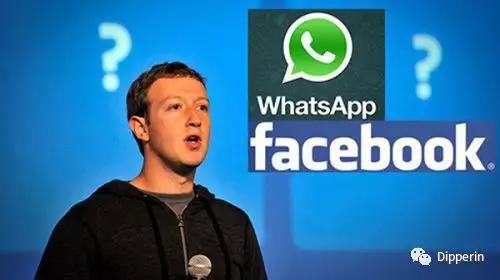
And the Facebook Gifts launched in 2012 did not find a way to solve the distance and localization problems, so that this product has not been able to play an international role, and only survived for only two years.
By 2015, under the leadership of former PayPal president David Marcus, Facebook launched the "Payment Transfer" feature on its instant messaging application, Messenger, but this feature is limited to friends, some Similar to WeChat transfer, it is necessary to bind the bank card and set the transaction password at the same time, but it has not been widely used until now.
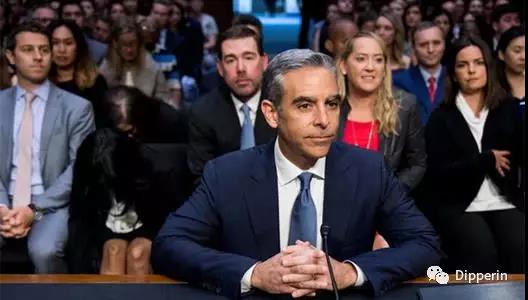
However, Facebook, which has been defeated in the payment industry, does not seem to give up. After all, there is a natural integration between social and payment. However, Facebook has triumphed in the social field, but has gradually lost its first-mover advantage in paying for this track. In addition to its steady and steady efforts in China's domestic market, Alipay and WeChat payment services have now begun to go to sea and expand the territory on a global scale. Can Facebook rely on
Libra's realization of its "pay dream" is still an unknown answer.
Can Libra become Facebook's "WeChat Payment + Q Coin"?
As the birthplace of mobile payment, there are a lot of mobile payment software in the United States. Among them, PayPal, Google Wallet and ApplePay are more famous companies. Facebook with nearly 3 billion users is also a slap in the face.
In fact, before Libra, the innovation of mobile payment in the United States always stayed on the basis of merely copying the transaction information and the bank still retained it. It only used the mobile phone to replace the plastic card as the transaction certificate of the bank card itself. That is to say: you pay the money with your mobile phone and you pay the same with the bank card. They all pay the merchant a sum of money on the bank account.
In contrast, China's mobile payment, due to the relatively loose financial management, almost formed its own fund pool before January 13, 2017, which not only can hide the delay experience of clearing and settlement in the consumption process, but also opened up The transfer of funds between people can form a competitive advantage with the bank's game rate. Driven by this huge interest, various red envelope wars continue to be staged in the scenes of travel, take-away, face-to-face payment, which further expands the scale effect and network effect of mobile payment.
This time, the emergence of Libra can weaken the traditional bank's control over mobile payments to a certain extent, although Marcus repeatedly stressed that Libra's goal is to develop a safe, low-cost way to make people effectively around the world. Transfer funds to become an alternative to the current financial system.
And, currently, the Libra Association has the first 27 “Founding Members” covering payments, technology, telecommunications, blockchain and venture capital industries, including Mastercard, PayPal, Visa, Vodafone, eBay, Facebook, Lyft. , Spotify, Uber, and Andreessen Horowitz.
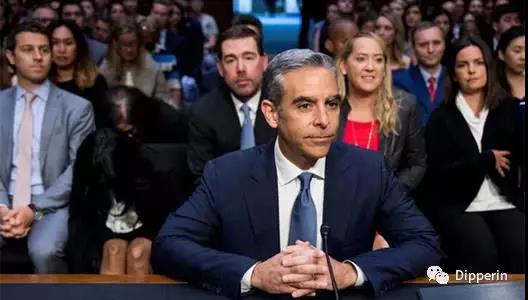
This describes Facebook's payment ambitions in the Libra white paper: “Libra's mission is to create a simple, borderless currency and financial infrastructure that serves billions of people. Libra's goal is to be a stable digital cryptocurrency , all use real asset reserves as a guarantee."
With the help of WeChat payment and Q coin product features, Libra's design is to use Facebook's huge social network to construct a set of capital flow system parallel to the information flow, so as to provide users with a deeper image, which is social. Optimization and accurate delivery of advertising will undoubtedly have a great impetus; on the other hand, the blockchain technology will be used to release stable coins. This currency will also be a common bridge between the digital world and the real world, with only 27 “founding members”. It can cover a wide range of scenes in the real world, which is far beyond the functional scope of Q coins. Once established, it will inevitably hit the existing credit card industry with a large user scale, and because of the large-scale digital capital flow, it will cause the existing financial system. Systematic impact.
Destined to struggle in the thorns
"Facebook is dangerous. Facebook has burned down the house again and again, but has beautified each arson operation into a learning experience."
“Facebook is dangerous… they don’t respect the power of technology.”
“Facebook has lived up to and abused people’s trust in them again and again.”
……
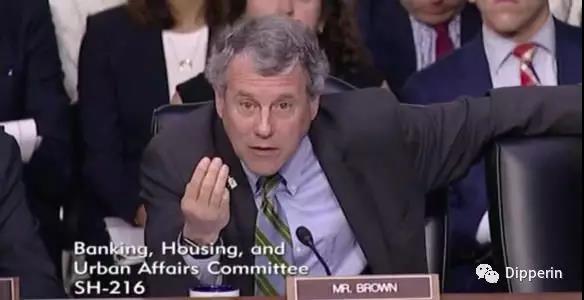
Facebook’s “black history” of leaking user data and arrogance seems to have never been forgotten, even less forgiven, and even lost confidence. From this point of view, Libra still has a lot of challenges to overcome in the actual advancement process, certainly not as easy as WeChat payment and Q currency popularization. The trust crisis that Facebook was involved in a year ago was doomed to the first pass before Libra was launched – regulation – not too bad.
So, is Libra a tool to manipulate finance after Facebook manipulates emotions, or is it a weapon for hundreds of millions of people to popularize financial services? There is too much uncertainty here. The kitchen knife can cut vegetables or kill people. Every technological change will face many challenges. There are Ludd movements and red flag bills, and there are countless technical disasters. The only certainty is that technology will continue to develop. Finally, I was chosen by time.
We will continue to update Blocking; if you have any questions or suggestions, please contact us!
Was this article helpful?
93 out of 132 found this helpful
Related articles
- The MLM "online" was arrested and the Yancheng police will investigate the participants of Plustoken in accordance with the law.
- Encryption Currency Amway Guide: From Gold to Petroleum Coins and De-US Dollarization
- Cheng also Xiao He, defeat also Xiao He | market analysis
- Holds 225,000 bitcoins! Grayscale's fund size is at a new high while institutional interest is declining
- Eight major problems in current blockchain technology
- Your circle of friends may affect the price of coins, and they begin to predict the market through social media.
- The principle and importance of lightning network "justice trading"



